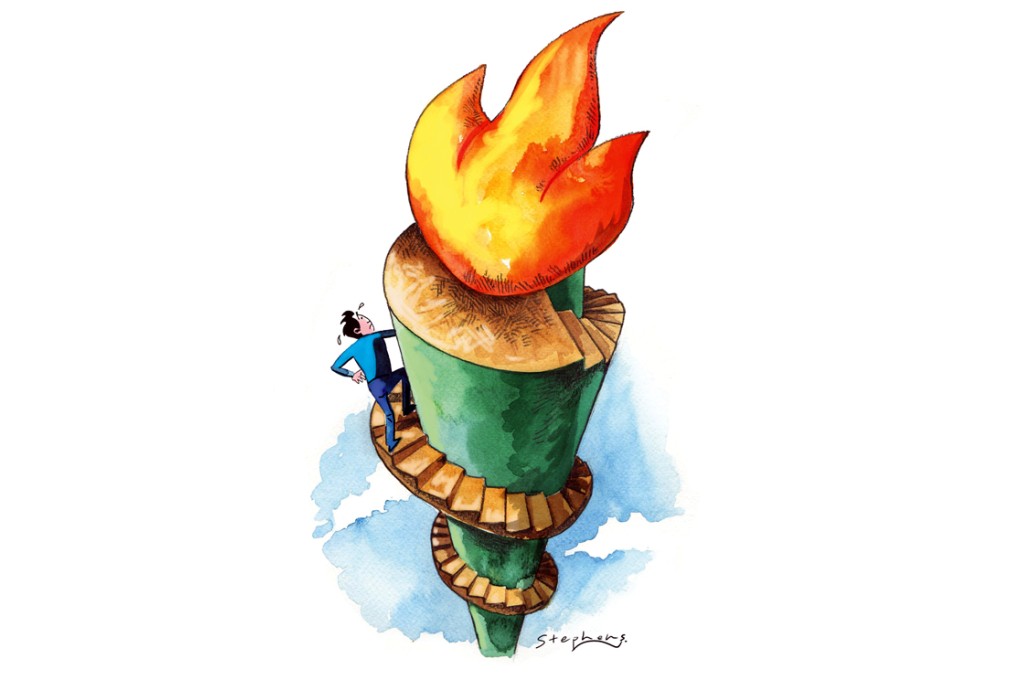Framework for political reform is best we could expect at this point in time
Lawrence Lau and Ayesha Macpherson Lau say Beijing's framework for universal suffrage in Hong Kong may not be perfect but it's the best we can hope for, given that it has to comply with existing laws

The National People's Congress Standing Committee decision on political reform completed step two of the five-step process required to amend the method for the selection of Hong Kong's chief executive. It is a significant step forward in the city's democratic development.
The guiding principles laid down in the decision comply fully with the Basic Law and the Standing Committee's relevant decisions. They are also consistent with the gradual and orderly progress of democratic development in Hong Kong.
However, some in our community are disappointed with the decision for various reasons.
As Voltaire said, "The best is the enemy of the good." There is no question that the framework could be improved. However, it is probably the best outcome possible at this time, given that the method of electing the chief executive must comply with existing laws. Moreover, democracy cannot be built in a day. For example, African Americans were enfranchised in principle in 1865, right after the US civil war. Yet, it took a whole century after that before their rights were finally reaffirmed in the US Voting Rights Act of 1965.
Even now, minorities face hurdles as they try to exercise their right to vote in certain US states. This is not a criticism of the US, but only goes to show that true democracy takes time to evolve. The NPC decision may not be satisfactory in every way, but rejecting it does not advance the cause of democracy in Hong Kong. It is far better to accept it and work on improvements in the future.
Meanwhile, the membership of the nominating committee and method of election will follow the practice of the 1,200-member Election Committee of the 2012 chief executive election. Two to three candidates will be selected by the nominating committee; each will have to gain at least 50 per cent support. The decision does not specify the threshold for inclusion as a potential candidate; they presumably must be endorsed by a certain number of committee members.